A creek runs through Science’s newest teaching and research lab
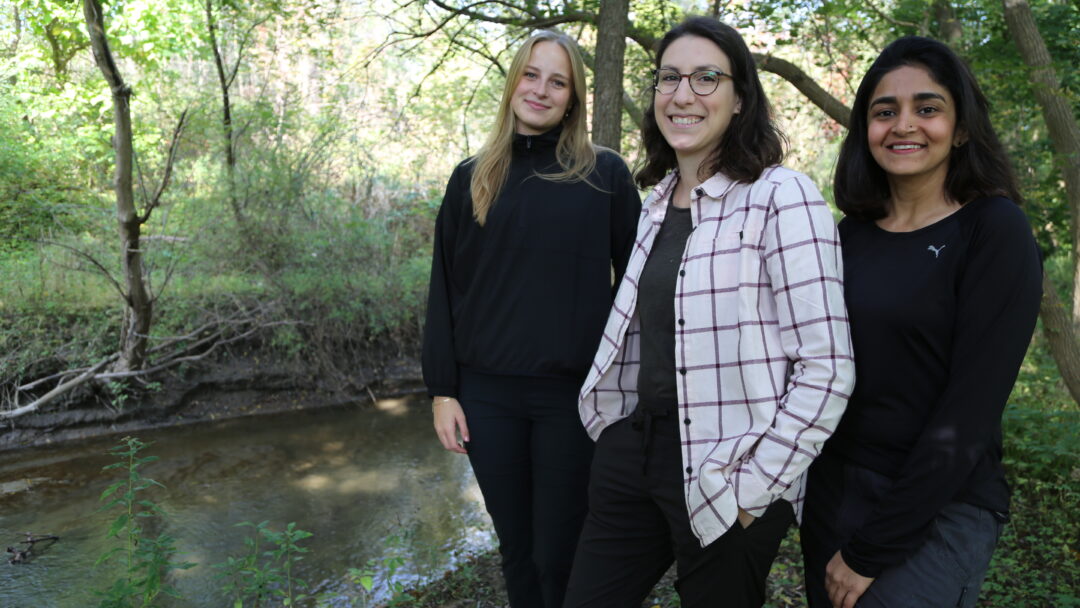
Setting up the latest lab in the School of Earth, Environment & Society has Priyanka Hire and Kate Pearson scouting the banks of Ancaster Creek.
The duo – Priyanka’s a PhD student while Kate’s earning her master’s degree – are looking for places to install a network of sensors and stations that’ll make up the new McMaster Watershed and Ecosystems Living Lab (Mac WELL).
It’s an outdoor teaching and research lab that’ll continuously monitor the health of the creek – a vital coldwater habitat that supports aquatic species dependent on cool temperatures to spawn and survive. The creek runs through much of Hamilton – including the McMaster Forest and West Campus – and into Lake Ontario through the Cootes Paradise wetland behind the university.
Mac WELL will be officially introduced on Oct. 9 during the 15th annual Woo Water Lecture featuring Dr. Ellen Wohl from the Department of Geosciences at Colorado State University.
Priyanka and Kate are the first of many students who’ll get involved in Mac WELL through co-ops, courses and capstone projects. They were asked to join Mac WELL by their supervisor Elli Papangelakis.
Elli’s serving as WELL’s founding director for the next five years. She was nominated by the lab’s scientific advisory committee because of her research expertise – she’s the Fairley Gadsby Research Chair in Fluvial Geomorphology.
“It’s a real honour to be leading the lab this early in my career.” Elli joined McMaster as an assistant professor in January 2022 after earning a Masters in Geography at UBC, a PhD in Civil and Environmental Engineering at the University of Waterloo and completing postdoctoral fellowships at Western University, Waterloo and UBC.
The advisory committee’s a who’s who of environmental science at McMaster. Joining Elli are Alemu Gonsamo (Canada Research Chair in Remote Sensing of Terrestrial Ecosystems), Mike Waddington (Canada Research Chair in Ecohydrology), Paulin Coulibaly (Science Research Chair in Hydroclimatic Modelling), Altaf Arain (Science Research Chair in Environmental Sustainability and Climate Change) and Sean Carey (Acting Director of the McMaster Centre for Climate Change).
They’d been talking for a couple of years about an outdoor teaching and research lab. McMaster prides itself on being student-centred and research-focused – the lab could deliver on both fronts.
“We started with off with a pretty a nebulous idea based on our shared research interests,” says Elli. “Over time, it morphed into a concrete idea and vision.”
That vision became a reality when the Ratford Trust provided funding to buy the sensors and stations that will measure real-time changes in water quality, water storage and runoff, weather and climate, stream morphology and remotely sensed land cover and vegetation.
“After years of planning, it’s exciting to see Mac WELL get off the ground,” says Elli. “Our lab will be another way for McMaster to help solve major environmental challenges through research, teaching and citizen science.”
Undergraduate and graduate students will play a pivotal role in making that happen and, in the process, gain hands-on experience measuring environmental parameters, using state-of-the-art equipment and analyzing datasets.
Elli’s reached out to the Department of Computing & Software in the Faculty of Engineering for help in figuring out how to manage, store and display the mountain of real-time data that’ll be coming out of the creek. “I’m not a programmer but one of the great things about working at a university like McMaster is you have access to colleagues and students who have that expertise and are ready and willing to help.” Elli sees the potential for many more cross-campus collaborations in the future, including with the Departments of Biology and Indigenous Studies.
At the end of her five-year term, Elli hopes Mac WELL is fully integrated into courses offered by the Faculty of Science and across the university – the lab will make it easier to do fieldwork without having to go far afield. She’s also confident the lab will have collected invaluable data about Ancaster Creek, setting the stage for monitoring what happens during and after the environmental restoration work that’s planned for the creek during the United Nations’ Decade of Restoration.
For now, Priyanka and Kate are in their element helping Elli build Mac WELL from the creek bed up. And for both, it’s a case of like father, like daughter.
Kate’s dad is a high school environmental science teacher – she’d join his field trips to Red Hill Creek and help salmon migrate upstream to their spawning grounds. “That’s when I knew I wanted to explore and understand our natural environment.” Kate was in in her third year of undergrad when she reached out to Elli and asked if she could be a summer research assistant. “I’ve been in the lab ever since.”
For Priyanka, rivers run through her family. Her father’s a professor and fluvial geomorphologist. She joined her father on field trips while she was in high school. “I was introduced to fluvial geomorphology even before I fully understood what it was. I’ve been deeply fascinated by rivers ever since.”
Priyanka and Kate can’t wait for more students to get involved. “There’s going to be endless opportunities for hands-on learning,” says Priyanka. “And at the same time, we’ll be getting important data into the hands of researchers.”
Kate was involved in creating virtual geohikes as an undergrad, including a four-kilometre stretch of Cootes Paradise. “I would’ve loved to have had even more chances to explore Mac’s backyard while I was an undergrad. Having an accessible research and teaching site located on campus will give students a unique learning experience beyond the classroom.”
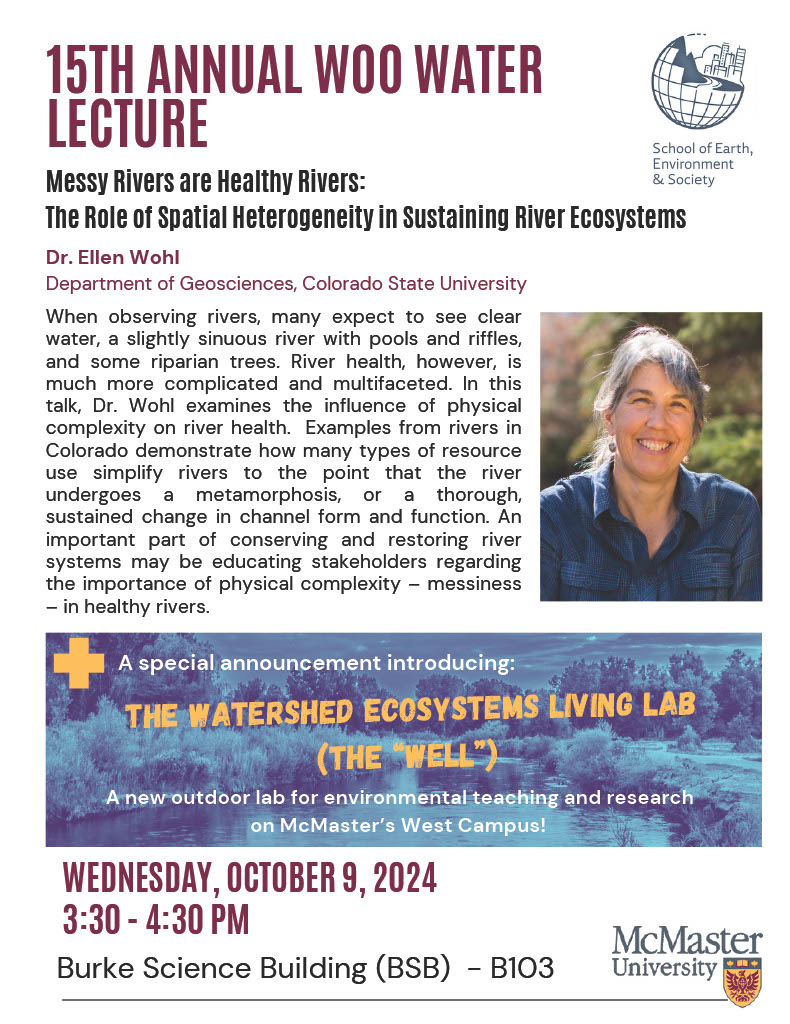
Related News
News Listing
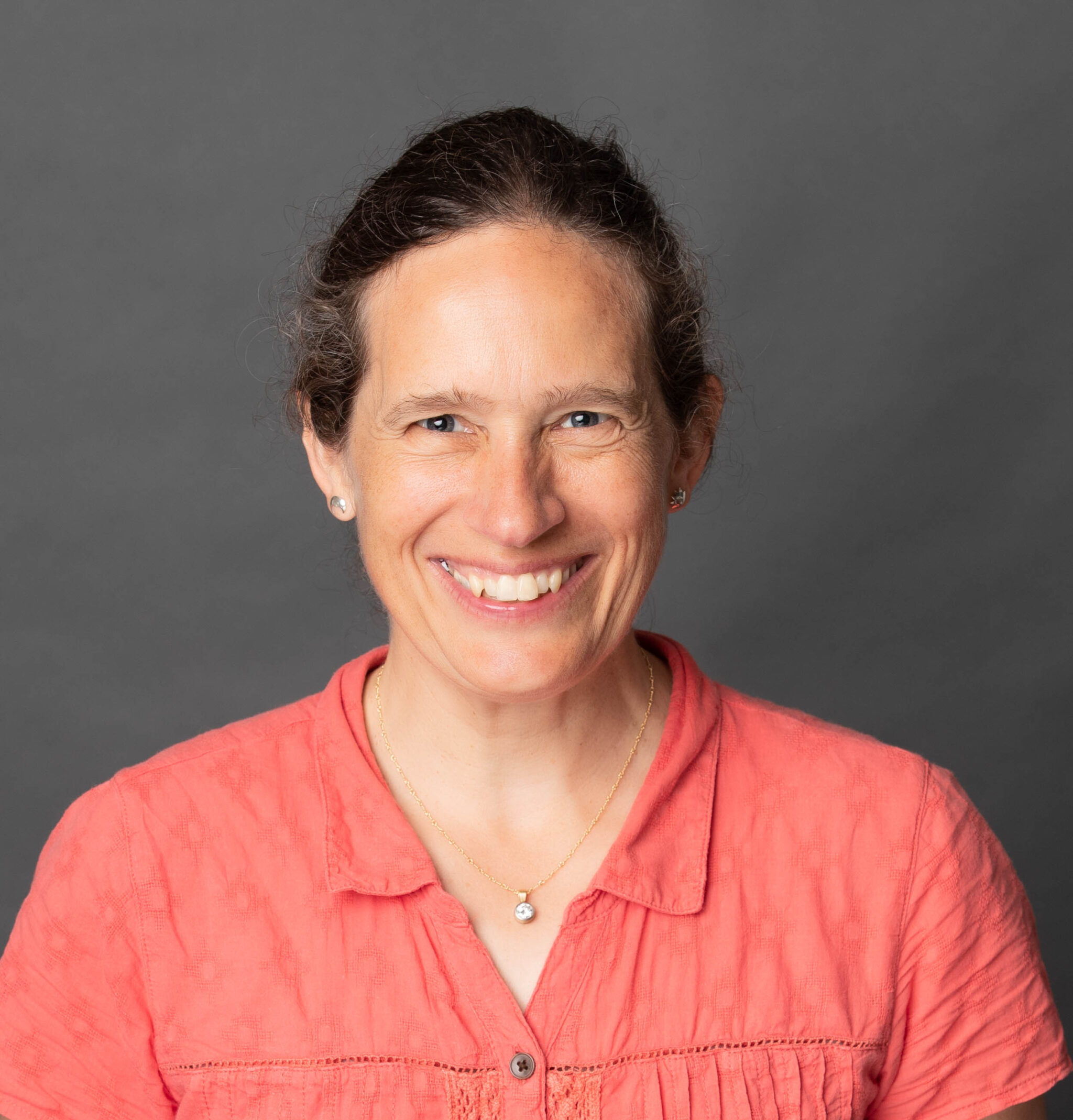
Prof. Deidre Haskell appointed Director of the Fields Institute for Research in Mathematical Sciences
Appointments, Faculty
December 12, 2024
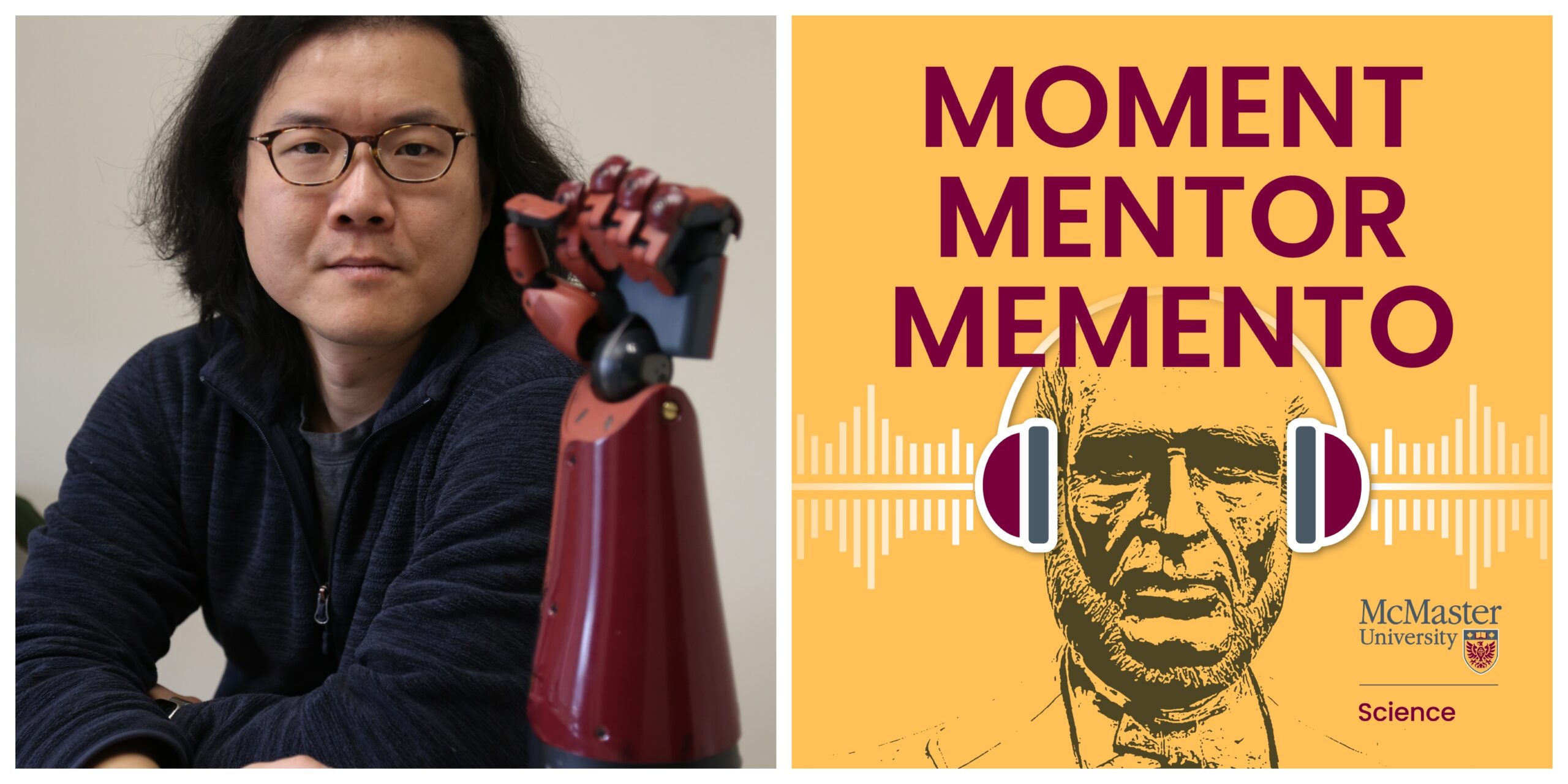
Moment Mentor Memento podcast ep. 14 – Baby Lab’s Gabriel Xiao
Faculty, Podcast, Research excellence
December 5, 2024
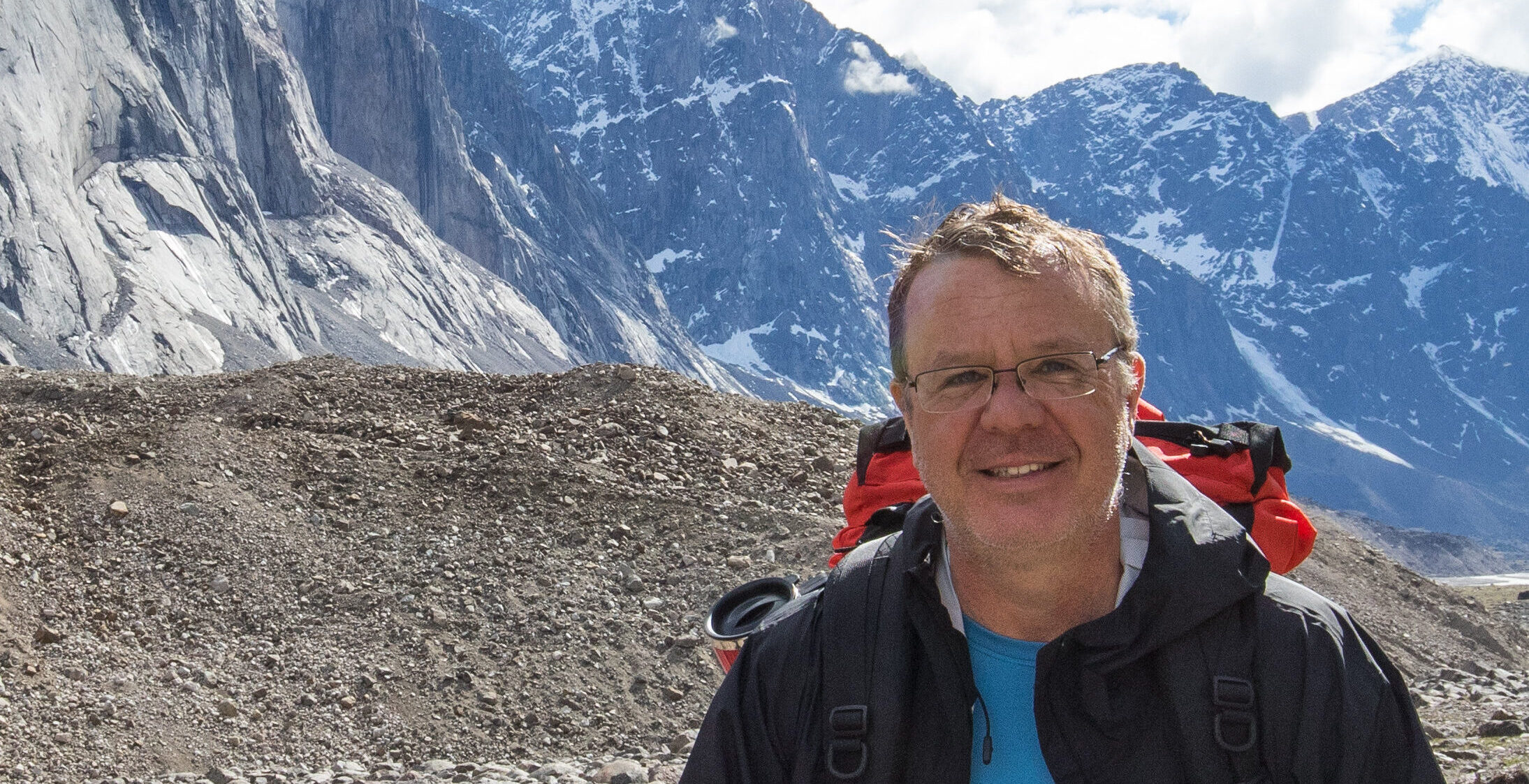
Retiring professor leaves an Unexpected Good Thing for grad students
Faculty, Graduate students, Leadership, Research excellence
December 3, 2024
